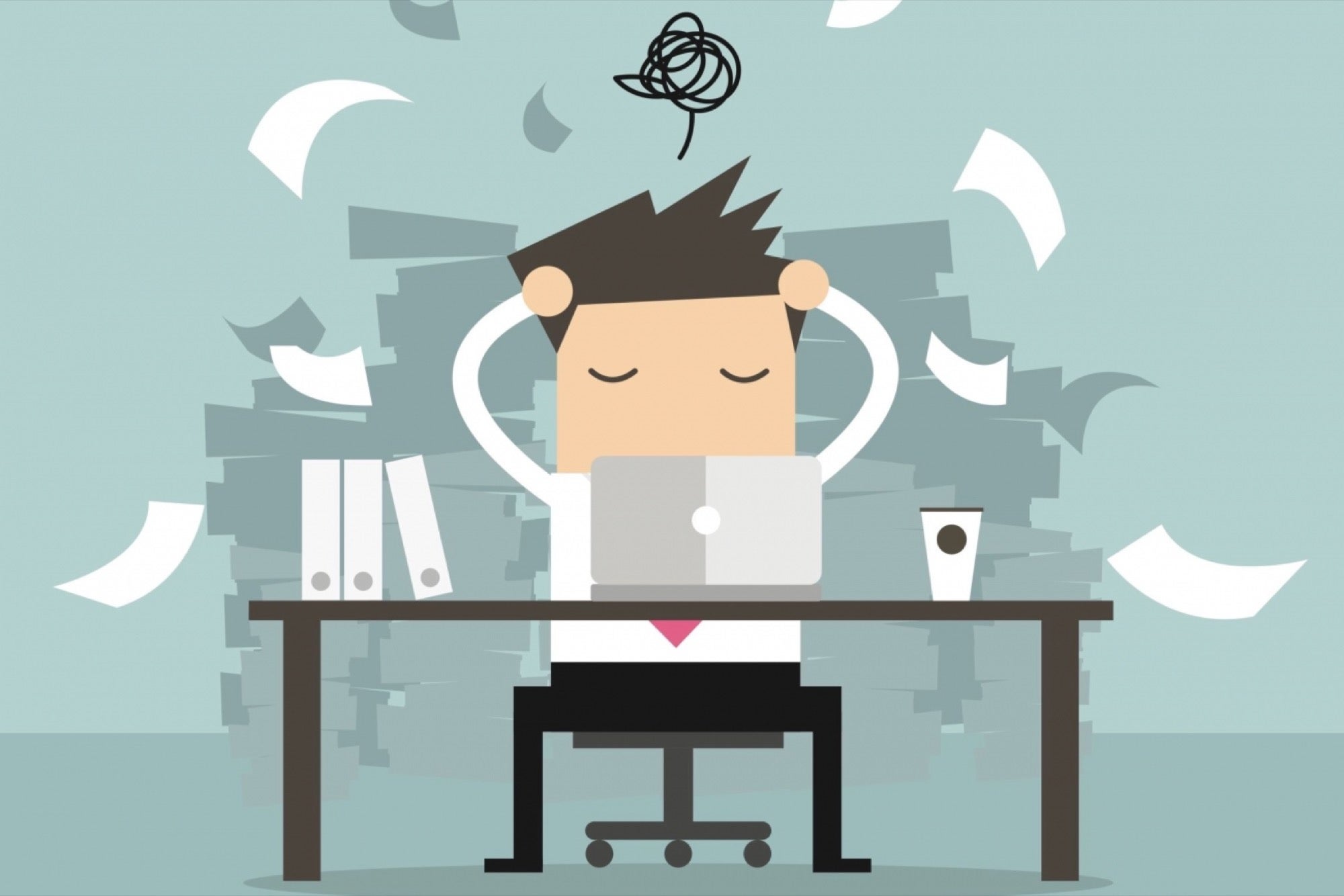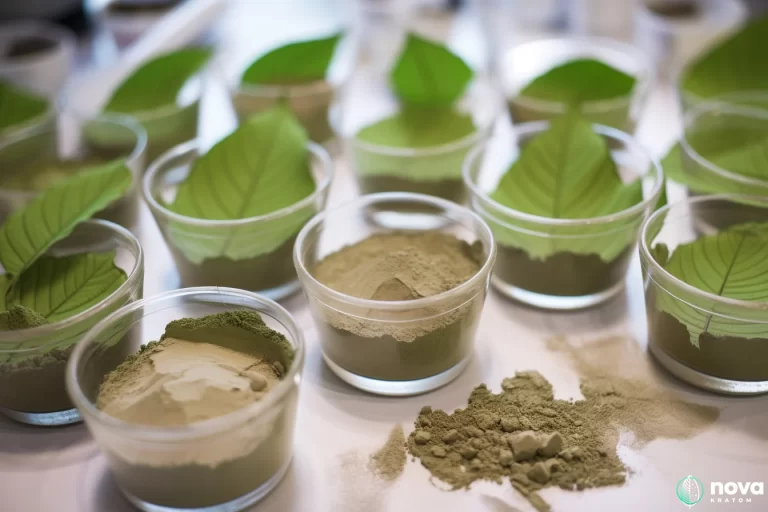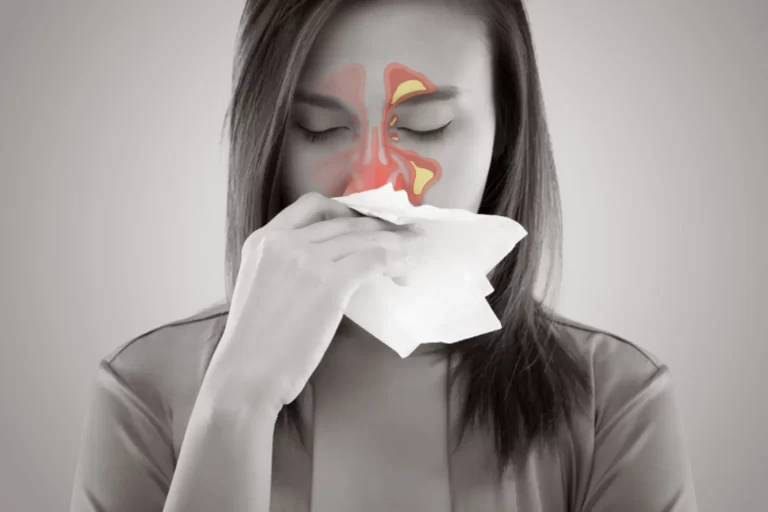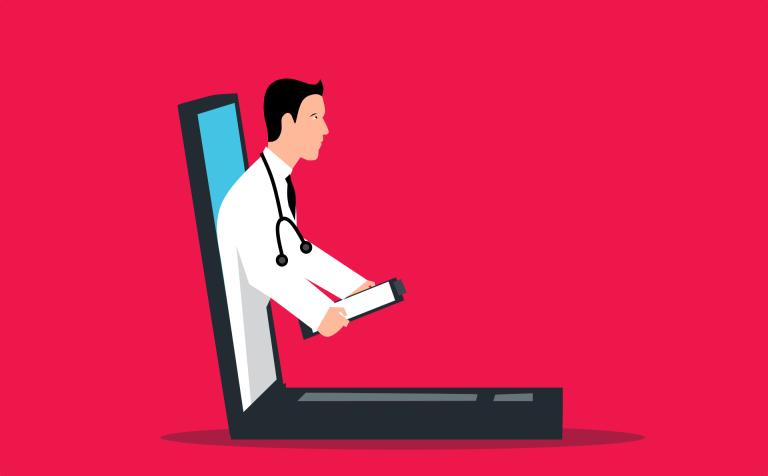How to Deal with Stress and Anxiety at Work

Whether you’ve been experiencing frequent bouts of stress and anxiety at work due to the job itself or personal problems, you’re likely aware of how debilitating and disruptive it can be. Chronic stress and anxiety can significantly reduce the quality of your work and your overall levels of motivation, and it can negatively affect your relationships with co-workers and your supervisor. If you’re tired of ongoing stress and anxiety interfering with your ability to perform your job, here are some tips from GS Movement, a holistic wellness lifestyle brand, for dealing with these negative issues at work.
Table of Contents
Deep Breathing and Meditation
Deep breathing and meditation have been around for centuries to help people combat insomnia, stress, anxiety and to feel more grounded. It was effective then and has been scientifically proven to be just as effective nowadays at promoting an overall sense of relaxation and relief from stress. Numerous paid and free videos and informational websites can guide you through meditation and deep breathing sessions. These sessions can be as little as five minutes to as long as an hour or longer. You can choose how long you want to practice, depending on how much time you have to dedicate to it.
You may feel you have no time alone at work to take a few minutes and practice deep breathing, but there are ways to make it work. One way is to meditate each morning at the start of your day, so you won’t have to worry about finding a quiet place and time to meditate at work. You will notice an immediate sense of calmness following each session, but over time, you will notice that even when you haven’t recently meditated, you’re calmer and less stressed. You will also notice that you can handle stressful situations more effectively. However, you must be consistent, as the results are cumulative.
If you have some days when you’re at work and experiencing extreme stress and anxiety, you need immediate relief. Even if you are prescribed medications like Valium or Xanax, you can’t exactly take one while you’re working in most cases. Instead, you can close your eyes and take several deep, long breaths. Around ten should help you to notice a reduction in your stress levels immediately. If you don’t work at a desk where something like this is possible, take a bathroom break to practice breathing. It only takes five minutes or less and can help you significantly, so don’t underestimate its power.
Try Some Essential Oil Therapy
Just like meditation, essential oil therapy has been around for centuries. Essential oils are the fragrant portions of certain plants used for medicinal purposes. When sprayed onto the body or inhaled in some manner, certain oils can promote a sense of calmness, immediately alleviating acute stress. Some essential oils known for relieving stress and anxiety are chamomile, lavender, lemon balm, vetiver, ylang ylang, and bergamot, to name a few.
Practice Positivity
Being positive all the time can be challenging, especially when you work around a bunch of negative co-workers. However, positivity has many health benefits, and it can work wonders at reducing stress and anxiety levels at work – or any place else. How can you practice positivity when you’re so used to being negative? You will need to take baby steps in the beginning. Consistency is critical in meditating, deep breathing, exercising, or any other good habit you’re trying to build. To become more positive, you need to:
- Immediately replace negative thoughts with positive ones – whenever negative thoughts go through your head, you need to make a conscious effort to replace those negative thoughts with positive ones immediately. This may seem like an impossible task initially, but as long as you stick with it, you will soon notice fewer and fewer negative thoughts infiltrating your mind.
- Practice smiling more often – another way to incorporate positivity into your life is to smile more. Instead of frowning at random strangers at work and while you’re out running errands, why not smile instead? It takes a lot more energy to be negative and grumpy, so if you can be positive and use less energy, why not do so? It might be hard to smile initially, especially if you’re not feeling well, but it can soon become a new habit that makes you feel better.
- Keep a gratitude journal – a gratitude journal is an electronic or written source where you record all the things you’re grateful for daily. These things could be very small, such as watching a beautiful sunset or having a good night’s sleep. You can certainly discuss how you’re grateful for bigger things happening in your life, such as a promotion at work, a new baby, or finding your soulmate. Still, the idea of a gratitude journal is that the more you show gratitude for all the things you currently have in your life, the more positive things will come your way. Again, consistency is key, so make sure you make regular entries, and you will soon see results.
Chronic stress is a common problem around the world, and it contributes to an abundance of sick days being used, low levels of productivity, and even substance-use disorders. Fortunately, there are ways to easily and effectively combat stress and anxiety before it gets out of hand. These natural remedies can be used at home or work to promote a more relaxed workday. So, instead of suffering or relying so heavily on prescription anti-anxieties, you might want to give some of these methods a try.






